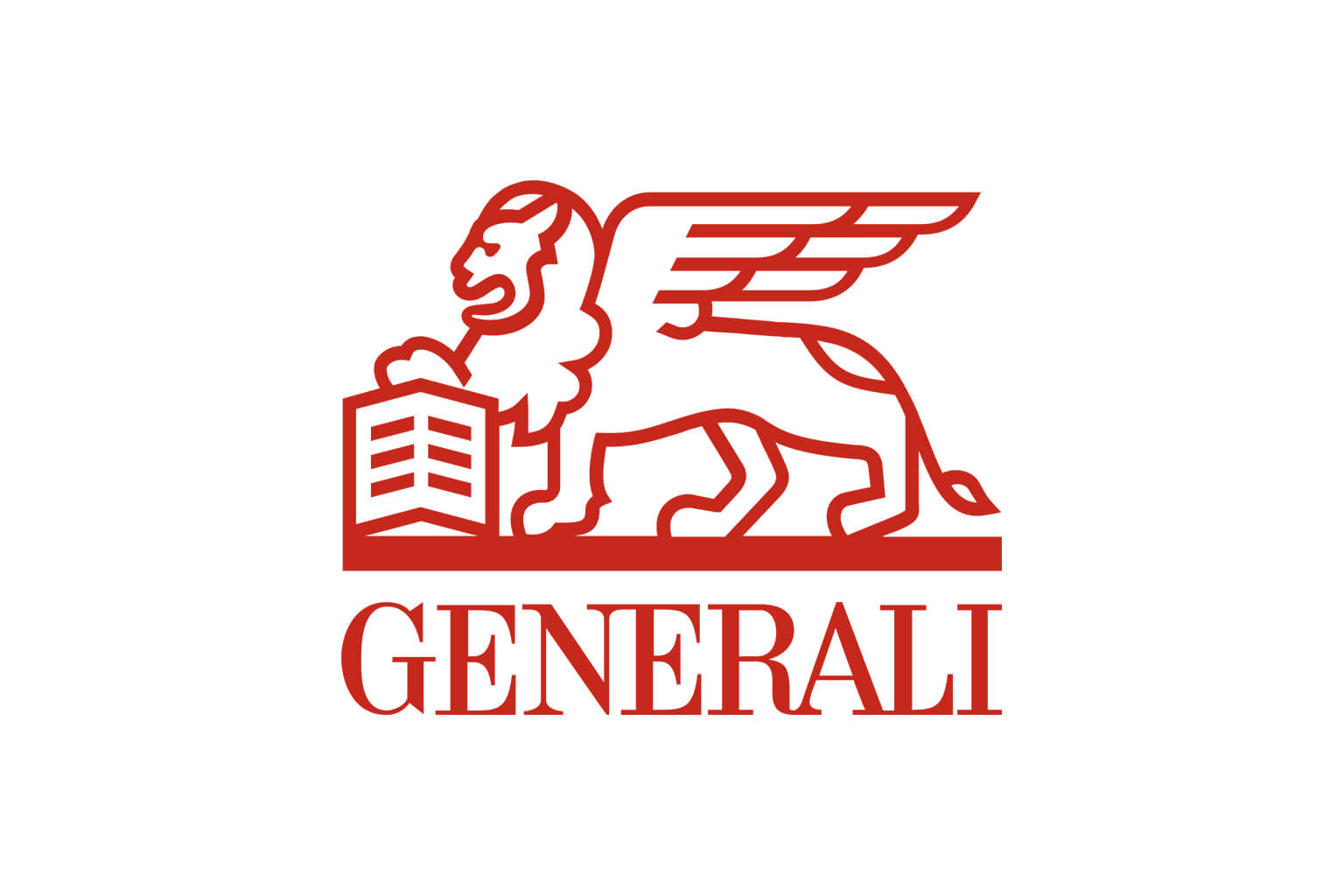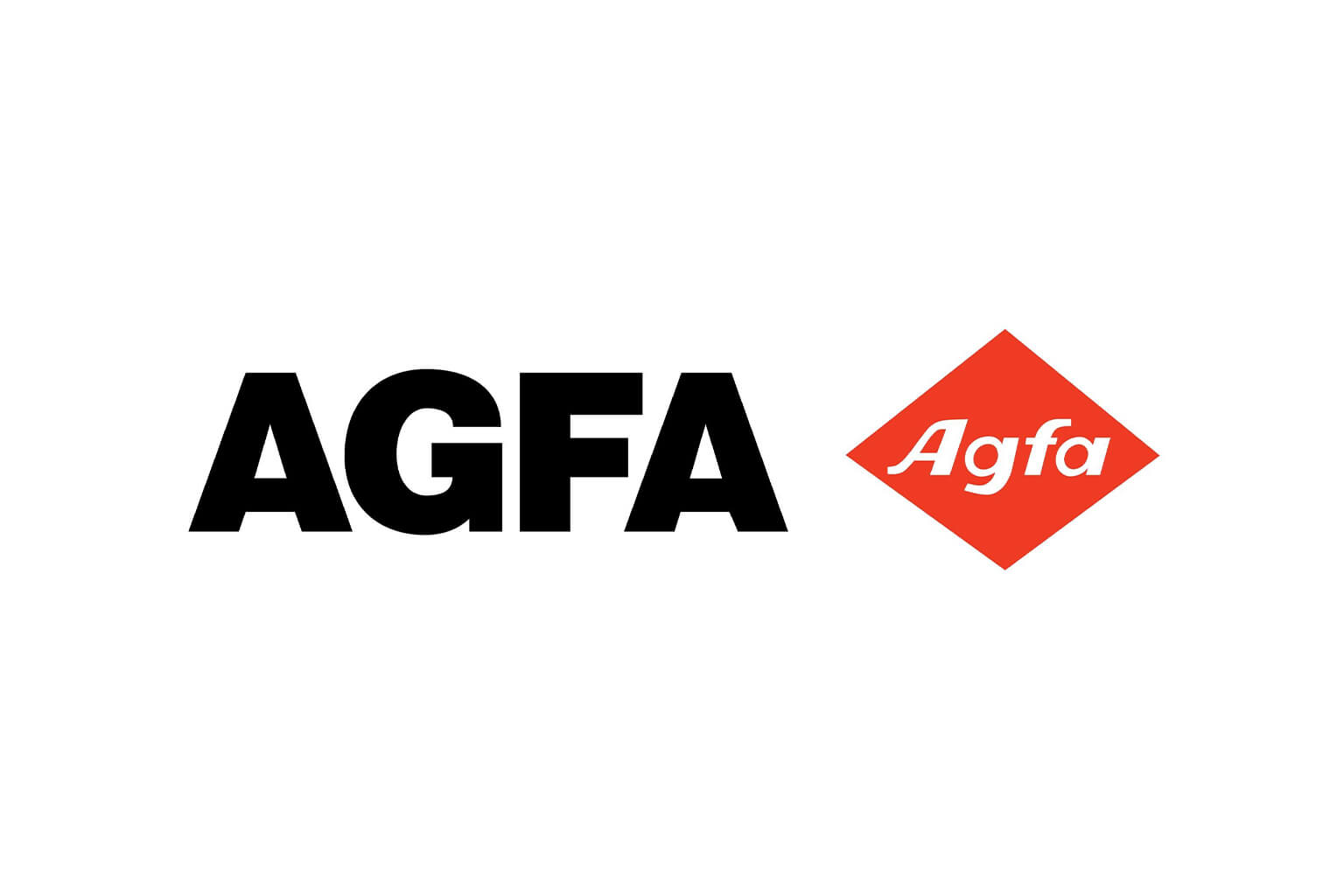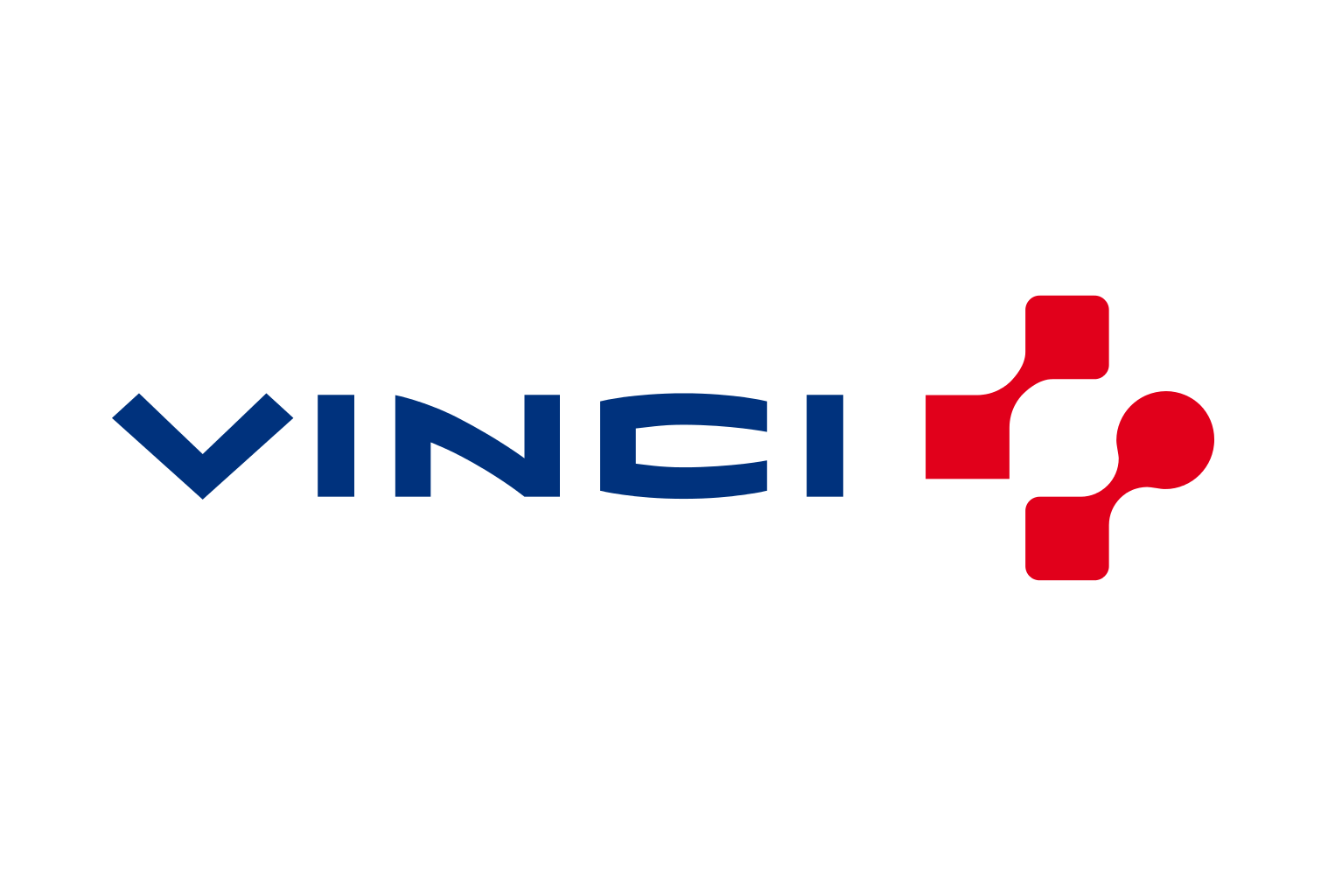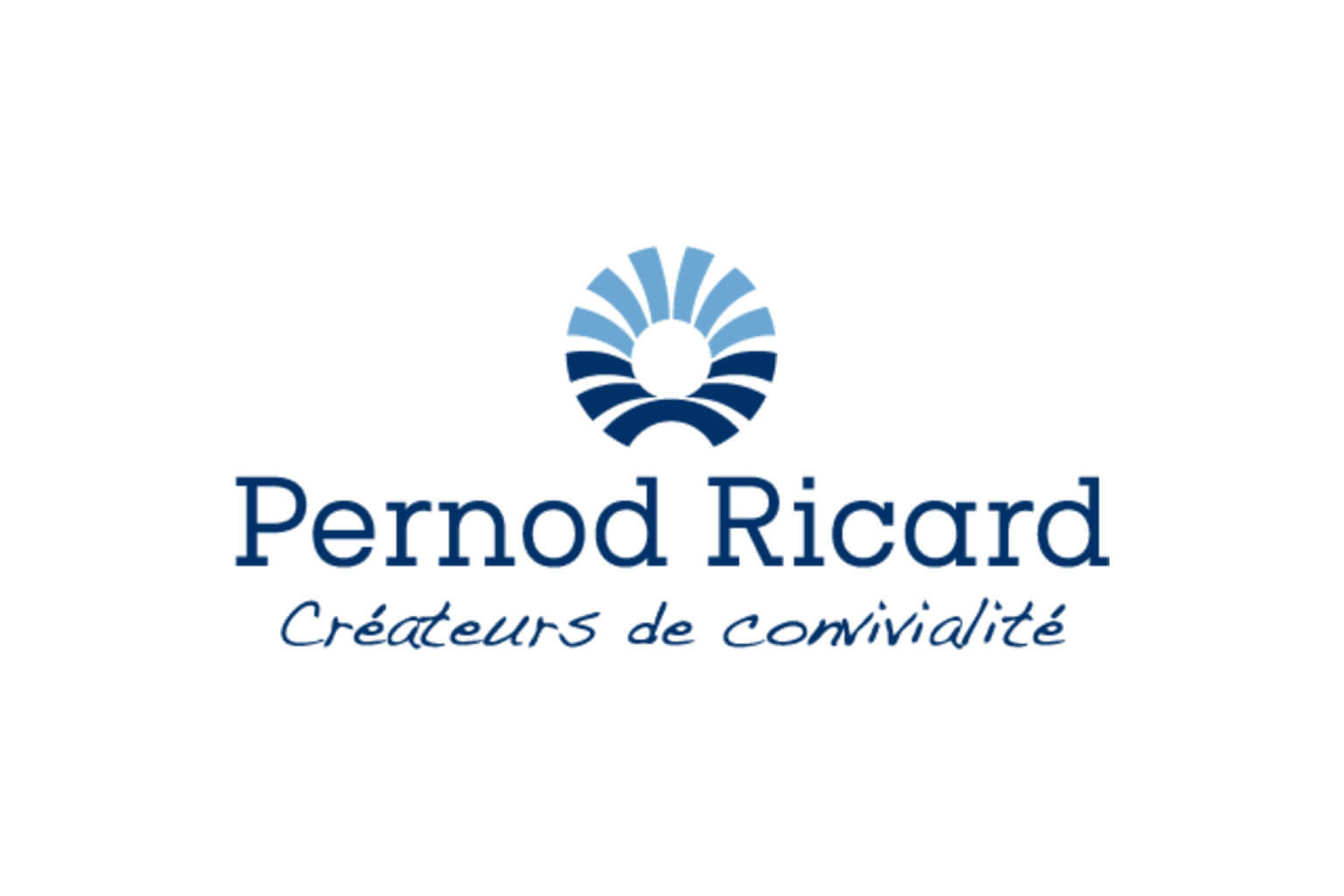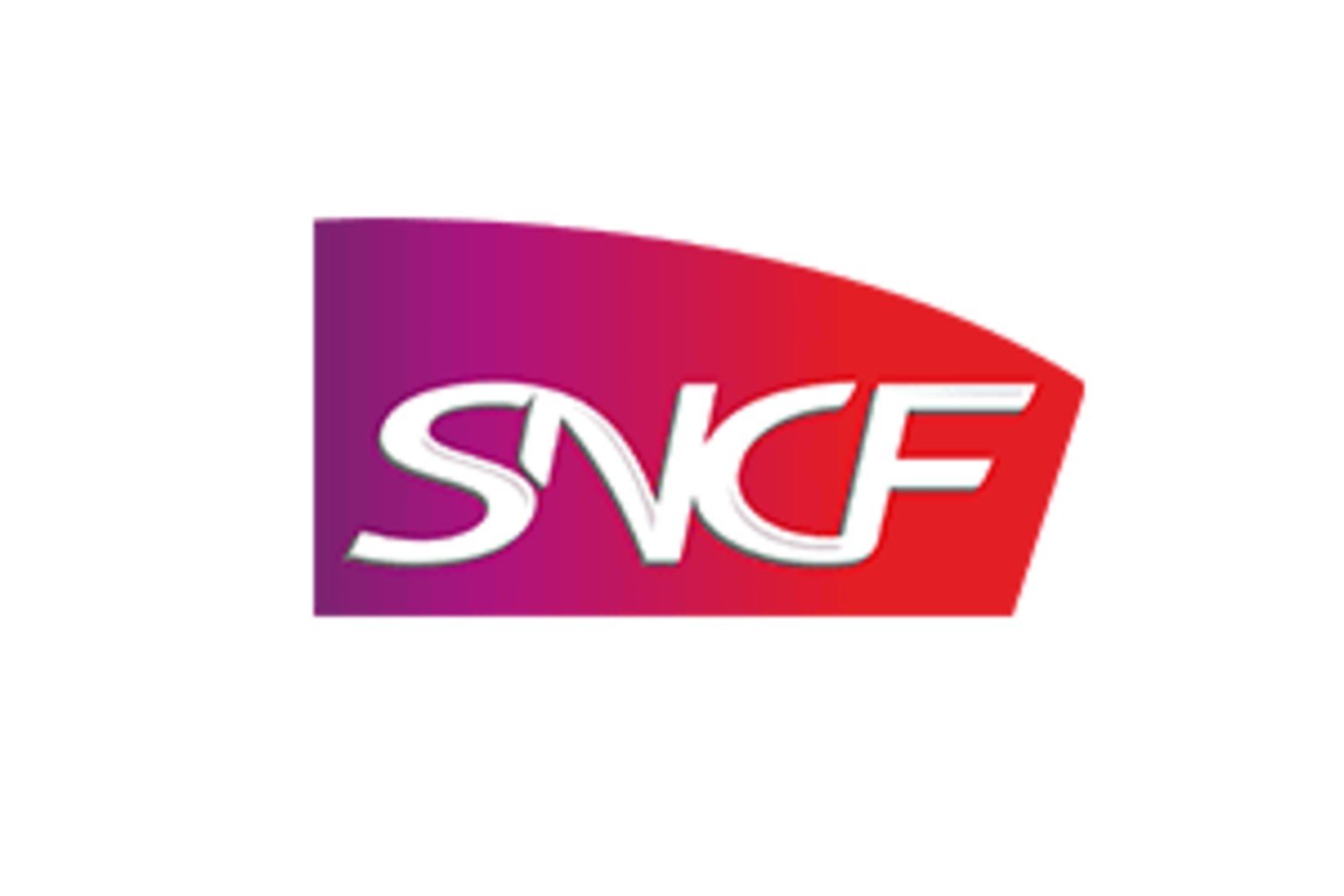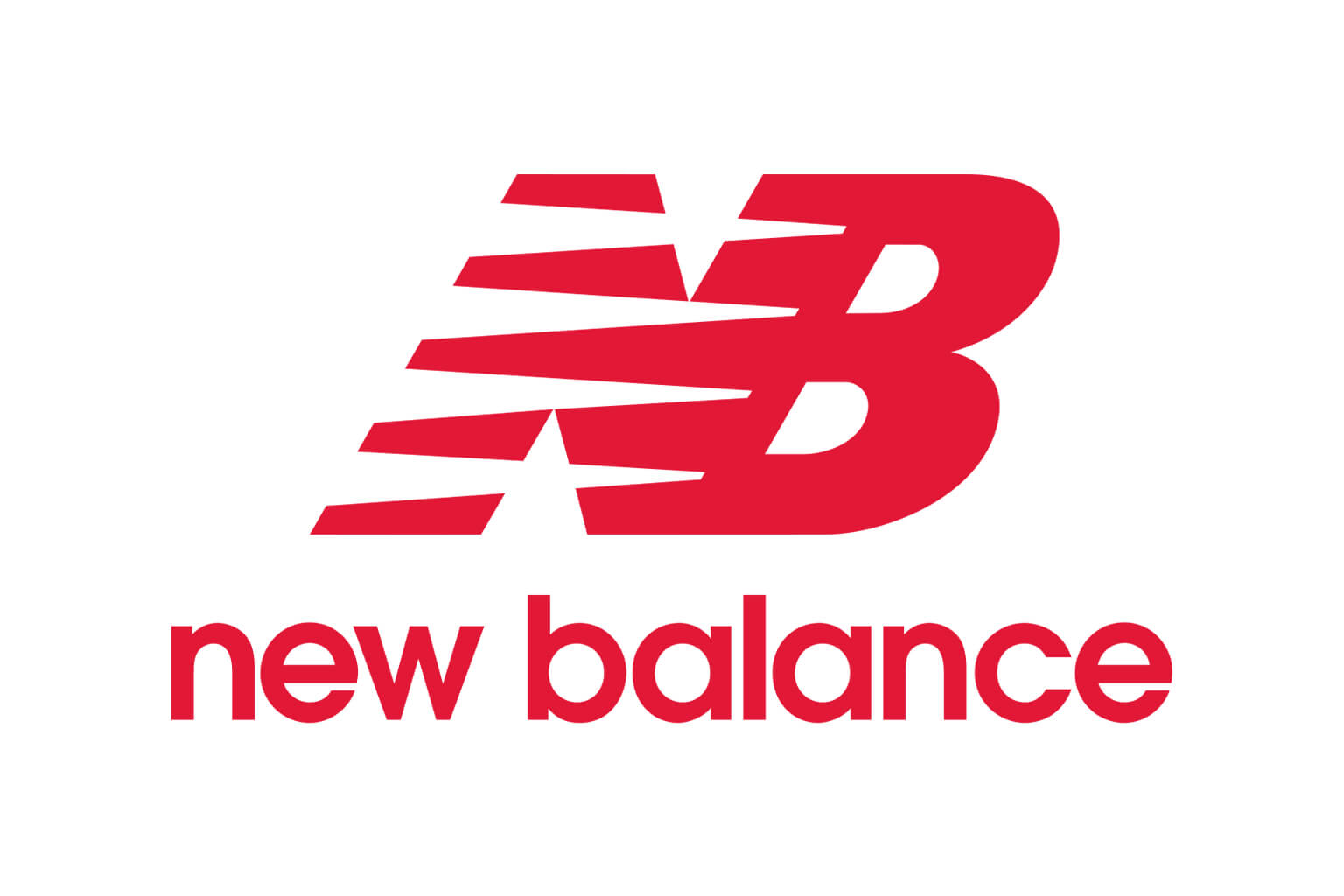Performance Management, similar to Corporate Performance Management, is an umbrella term that looks at a company’s performance and whether departments are living up to goals, targets and standards. It seeks to identify what’s working… and what’ not.
According to Gartner Research, “CPM [Corporate Performance Management] is an umbrella term that describes the methodologies, metrics, processes and systems used to monitor and manage the business performance of an enterprise. Applications that enable CPM translate strategically focused information to operational plans and send aggregated results. These applications are also integrated into many elements of the planning and control cycle, or they address BAM or customer relationship optimization needs. CPM must be supported by a suite of analytical applications that provide the functionality to support these processes, methodologies and metrics.”
Performance management seeks to align departments, product lines, resources, systems and employees to strategic objectives and corporate priorities. It is a critical function for companies who are looking to proactively make decisions. The ability to perform business calculations, play out what-if scenarios, forecast, plan and create accurate budgets largely depends on a business’ ability to collect and understand performance data. In the age of big data, increasingly global markets and increasing digitization of the world, performance management is essential to a company’s ability to organize, match and report on performance across a company.

